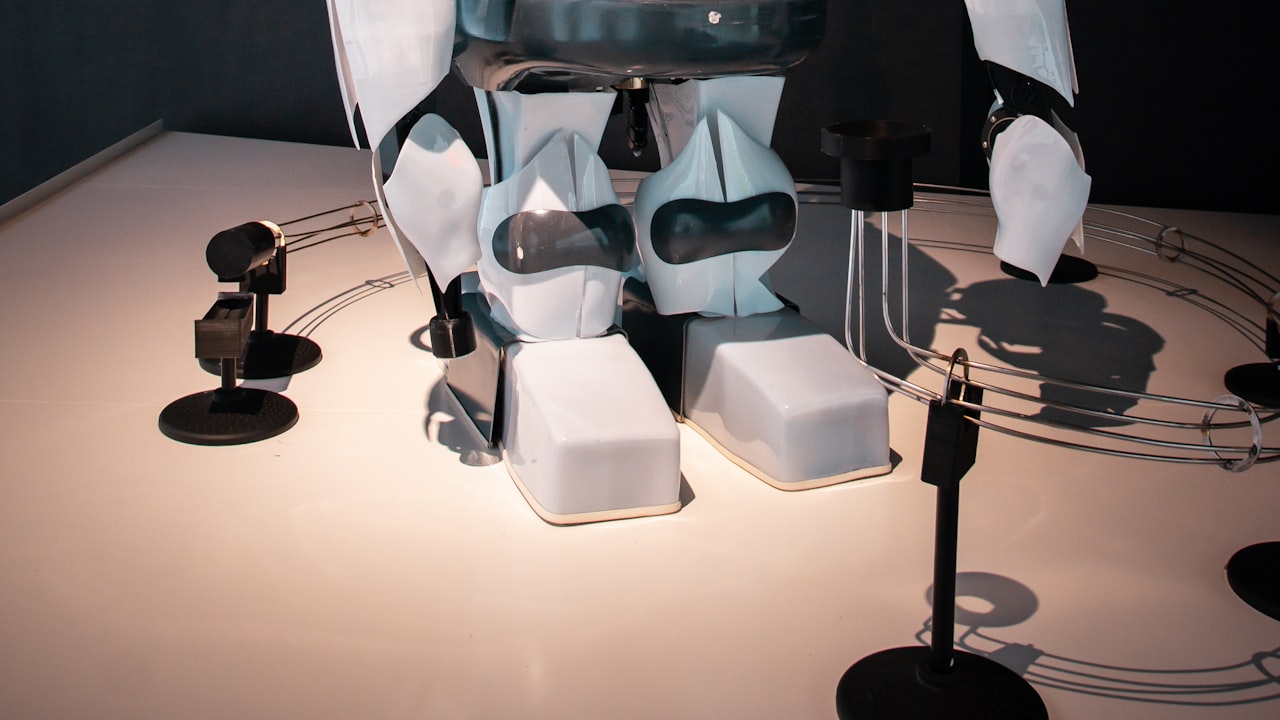 Title: Pharmaceutical Machinery: Revolutionizing the Manufacturing Process
Title: Pharmaceutical Machinery: Revolutionizing the Manufacturing Process
Pharmaceutical machinery plays a crucial role in the production of medicines, providing efficiency and precision in the manufacturing process. Two essential machines in pharmaceutical manufacturing are the tablet press machine and the capsule filling machine. These machines have revolutionized the industry by increasing production output and ensuring the quality and consistency of medications.
Tablet press machines, such as the TDP (Tablet Press Machine) and THDP (High-Speed Tablet Press Machine), are used to compress powdered ingredients into tablets of uniform size and weight. The TDP is a popular choice for small to medium-scale production due to its versatility and ease of operation. On the other hand, the THDP is designed for high-speed production lines, capable of producing thousands of tablets per hour. These machines utilize a combination of mechanical pressure and dies to form tablets with precise dimensions and hardness, meeting pharmaceutical standards.
Capsule filling machines are another essential pharmaceutical device that simplifies the process of filling capsules with powders, pellets, or liquids. These machines automate the capsule filling process, ensuring accurate dosing and reducing human error. By using interchangeable parts and adjustable settings, capsule filling machines cater to a variety of capsule sizes and formulations, increasing flexibility in production. The efficiency and accuracy of capsule filling machines contribute significantly to enhancing pharmaceutical manufacturing processes.
In recent years, advancements in pharmaceutical machinery have further improved production efficiency and quality control. Integration of technologies such as automation, robotics, and data analytics has enhanced the speed and accuracy of pharmaceutical manufacturing. Automated processes reduce the risk of contamination and errors, ensuring the safety and efficacy of medications. Moreover, real-time monitoring and analysis of production data enable continuous optimization of manufacturing processes, leading to higher productivity and cost-effectiveness.
In conclusion, pharmaceutical machinery, including tablet press machines and capsule filling machines, has transformed the manufacturing process by providing efficiency, accuracy, and quality control. The development of advanced technologies continues to drive innovation in the pharmaceutical industry, improving production capabilities and product quality. As the demand for pharmaceutical products continues to rise, the role of pharmaceutical machinery becomes increasingly crucial in meeting global healthcare needs.





